
The AIgorythm project

Playwright and actor
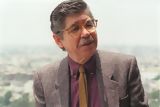
Novelist

Writer and poet

Volleyball player

Italian-Peruvian naturalist and geographer

Singer and percussionist

Last Inca emperor

Politician, former prime Minister

Journalist and TV host
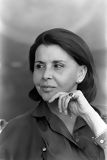
Poet

Inca warrior
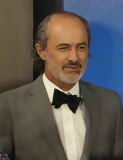
Actor and comedian

Biophysicist

Poet

Doctor and researcher
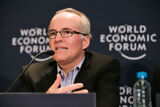
Businessman, Interbank group

Journalist and writer
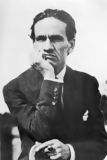
Poet and writer
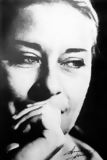
Singer and songwriter
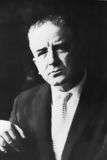
Writer

Film director, Berlin Golden Bear winner

Football player
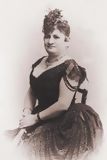
Writer and journalist
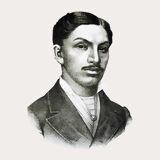
Doctor and scientist

Photograph

Chess player

Industrialist
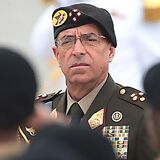
Former general

Specialist in public health

Actress and singer
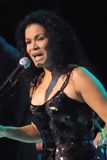
Afro-Peruvian music singer

Mathematician and engineer

Indigenous chronicler

Neurologist and anthropologist

Painter

Football player
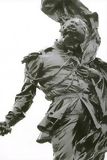
National hero, military leader

Intellectual and reformer

Chef and entrepreneur

Fashion designer
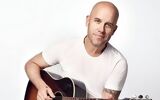
Singer-songwriter

TV presenter

Marathon runner

Indigenous Peruvian chronicler

Theologian

Former national team captain

Economist and former health minister

Inca princess

Writer and television host

Folk musician

Poet and guerrilla
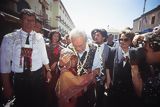
Former UN secretary-general

Chef, known for fusion cuisine

Football player

Peruvian aviation pioneer

Poet and artist
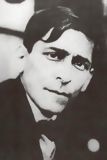
Marxist philosopher and writer

Industrialist and businessman
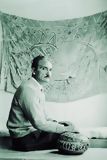
Novelist and ethnologist

Painter and muralist

Opera tenor

Fashion designer

Cardinal of Lima

Peruvian tennis player

Football coach

Leader of the indigenous rebellion
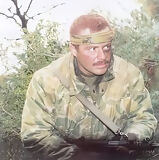
Military hero

Latin singer
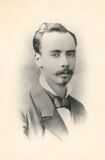
War of the Pacific hero

The youngest mother in history

Politician
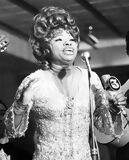
Creole music singer

Tennis player
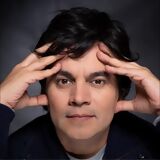
Musician

Writer and politician

Politician and founder of the Christian Democratic Party

Founder of Sodalitium Christianae Vitae

Archaeologist and anthropologist
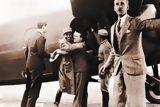
Military leader and politician

Television host
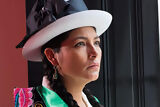
Actress and singer
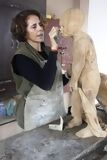
Contemporary sculptor
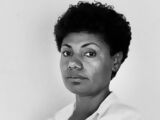
Women’s rights activist

Beauty queen

Astrophysicist

Heroine of independence
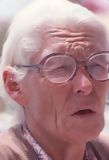
Mathematician and archaeologist

Historian and anthropologist
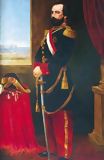
Military figure and historical figure
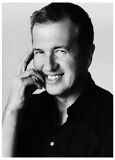
Fashion photographer
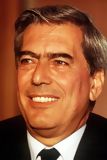
Writer, Nobel Prize in Literature, Politician

Revolutionary leader
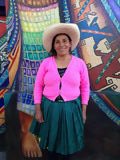
Environmental activist

Leader of the indigenous rebellion
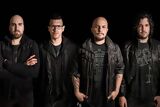
Musician from Gaia band
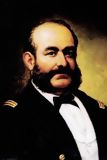
War hero
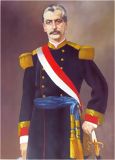
Military leader and politician

Chef, known for Nikkei cuisine

Volleyball coach and former player

Environmental activist

Television personality

Writer
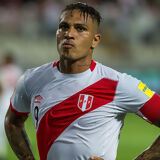
Football player

Epidemiologist and former health Minister

Inventor and aerospace pioneer

Soldier and inventor
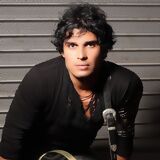
Rock singer

Chef and co-owner of Central restaurant

Painter

Football player

TV presenter and actress
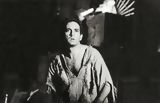
Actor
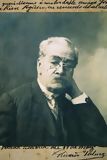
Writer and historian

Journalist and lawyer

Archaeologist, founder of Caral site
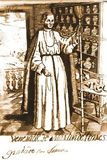
Monk and Saint
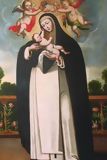
Saint, patron of Latin America

Physicist and engineer

World champion surfer

Actress

Oncologist
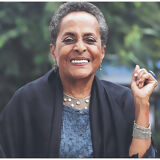
Singer, Latin Grammy winner

Former mayor of Lima

Singer

Actress

Former football player

Painter
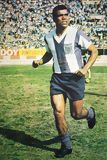
Former football player

Painter

Inca leader

Archbishop, saint
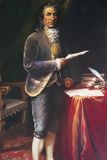
Leader of the indigenous rebellion

Revolutionary indigenous leader

Diplomat and intellectual

Sculptor and painter
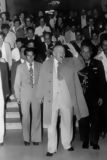
Political leader, founder of APRA

Lawyer and Former prime minister

Chef of Central restaurant
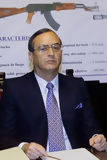
Former head of secret services

Popular singer

Fashion designer

Exotic music singer
Mariano Ignacio Prado was born on December 18, 1826, in Huánuco, Peru. He was a prominent Peruvian military and political leader who played a key role in the country's history, particularly during the war against Spain in 1866. Throughout his life, Prado stood out for his strategic abilities and leadership in crucial moments of Peruvian history. His military and political career led him to become one of the most influential figures of his time, and his legacy continues to be remembered today.
From a young age, Mariano Ignacio Prado showed a strong interest in the military. He joined the Peruvian army early on, quickly demonstrating his skills in military tactics and troop organization. During his career, he participated in several important military campaigns in defense of national interests, establishing himself as one of the most respected officers in the army. Prado reached the rank of general due to his leadership and combat experience.
One of the most significant episodes in Mariano Ignacio Prado's life was his involvement in the war against Spain in 1866, during which he took command of the Peruvian forces. As provisional president of Peru, Prado organized the country's defense against the threat of the Spanish navy, which had sought to reclaim control over its former colonies in South America. On May 2, 1866, under his leadership, the Peruvian and Chilean forces achieved a decisive victory at the port of Callao, known as the Battle of May 2nd, marking the end of Spain's ambitions on the continent.
Mariano Ignacio Prado served as provisional president of Peru on two occasions, first from 1865 to 1868 and then during the War of the Pacific in 1879. During his first term, he implemented a series of reforms to modernize the military and improve the country's infrastructure. However, his government also faced numerous challenges, including political instability and economic problems. Despite these difficulties, Prado maintained control of the country and continued to work toward strengthening national defense.
After leaving the presidency, Mariano Ignacio Prado went into exile in Europe for several years. However, he returned to Peru in 1879 when the War of the Pacific broke out between Peru, Bolivia, and Chile. Prado resumed the presidency with the aim of leading the country's defense against the Chilean invasion. However, his leadership during the war was questioned by some sectors of society, and he eventually left the country once again, handing power over to Nicolás de Piérola.
Mariano Ignacio Prado died on May 5, 1901, in Paris, France, where he spent the last years of his life. Although his career was marked by ups and downs, his legacy as a defender of Peruvian sovereignty and military leader remains ingrained in the country's history. The Battle of May 2nd, in which he played a key role, is one of the most celebrated victories in Peruvian history, and his figure remains a symbol of patriotism and the fight for national independence.
Mariano Ignacio Prado is a central figure in Peruvian history, recognized for his role in defending the country against foreign threats and for his leadership in critical moments. His ability to organize and lead the Peruvian army made him one of the most prominent military figures of his time, and his legacy endures in the memory of Peruvians. Despite the challenges he faced, Prado left an indelible mark on Peruvian politics and military history.